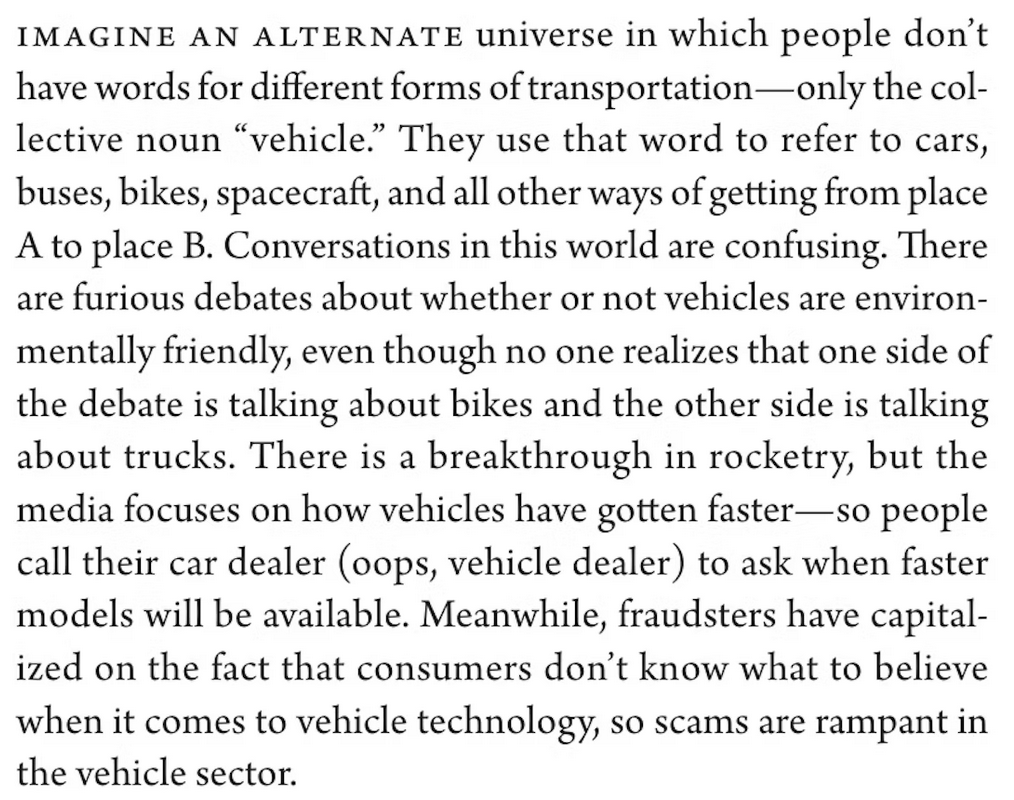TWIL 005
TWIL ~ This week I learned
genAI vs Climate
Microsoft is giving up on climate and going All-in on AI. Feeling I got from reading original news as well as comentary from Blood In the Machine.
It is a grim future where we cannot optimize at least two goals at once - innovation and climate preservation.
Prompt engineering guide
I just discovered THE Guide and it’s packed with information, techniques etc.
AI Snake Oil
seems like a great book in the making.

AI stealing voices again?
If something should be resolved in AI legislation is human and creators rights. Cloning voices and faces get into this category. I do not know his claim is true, but this will be an issue until we set straight what is and is not ok.
Total War dev statement
AI dev of Total War series published his experience from developing ROME II. Very interesting insight into team that has a lot of space for improvement. I believe, company should stand for it’s products and outcomes. Not leave it for some dev to take the fall in the community. These two paragraphs stands to me the most:
This is an approach that is sometimes taken when planning game projects, that you design your production plan so that as many parts of the game as possible are made in parallel, and then it all gets put together near the end of the development timeline, hopefully with enough time to fix bugs, balance gameplay, and add polish. Because the launch date is difficult to move, I’ve heard this described as like “jumping out of an aeroplane and having to assemble your parachute on the way down”. In theory this approach is more efficient, but I think in reality it’s risky and error prone, as mistakes made during development may not become apparent until late in the day, when there isn’t sufficient time left to properly deal with them. Most developers don’t work like this anymore in my experience, but it’s definitely still done and I think it’s one of the main reasons that many games come out in a clearly broken and unfinished state.
The alternative is to make sure the game is playable early on and then iterate regularly by adding features and making changes over the course of development. This allows the entire development team to maintain visibility on the state of the game and test features and give valuable feedback while they’re being developed. The best projects I’ve worked on have been like this, where frequent iteration has been championed by design and production, but it’s not what happened at Creative Assembly. Iteration was even viewed by some in leadership as wasteful and undesirable; instead, the goal was to “get it right the first time” and production planning tended to allow little room to correct for mistakes that were inevitably and predictably made — so they were usually dealt with in patches after the game had launched instead, if at all.